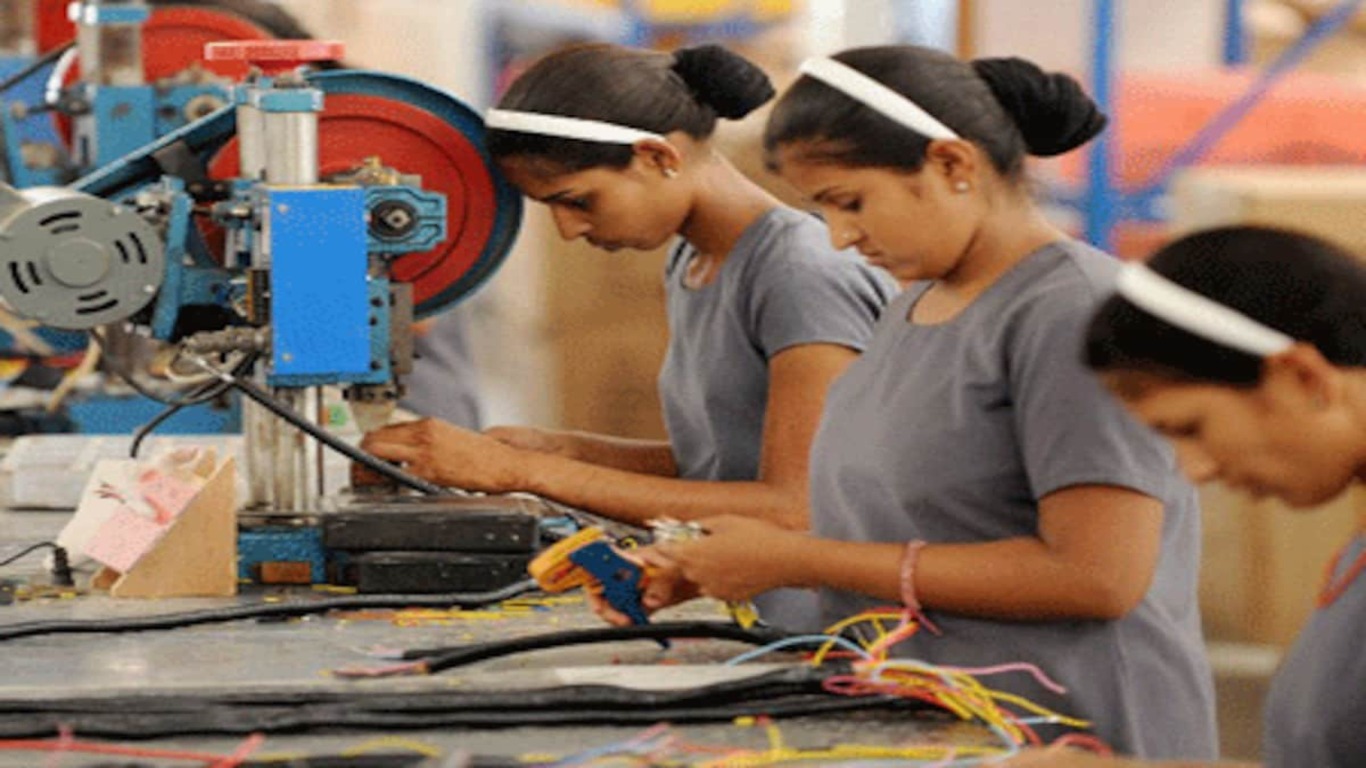The Sexual Harassment of Women at Workplace (Prevention, Prohibition and Redressal) Act, 2013, more commonly known as the Prevention of Sexual Harassment Act or the PoSH Act was fundamental in laying the groundwork for a safer workplace.
Based on the Vishakha Guidelines, the PoSH Act would build on those ideals as the first Act enacted by the Indian government to ensure a safe work environment, primarily aimed at women in the formal and informal sectors.
However, in 2022, the reality remains grim and unclear about the Act’s present form and structure.
What are the Present Issues with the PoSH Act?
The PoSH Act, now in its ninth year, presents multifold issues at varying levels of the implementation of the Act and its present proceeding.
Absence of data sets regarding the PoSH Act
According to a review conducted by Indiaspend, there is very little publicly available data regarding the effectiveness of these laws. Additionally, the absence of centralized data regarding cases of women being sexually harassed at their workplaces and no government body tracking the implementation of the law proves more neglect.
Difficulty in accessing legal mechanisms
The same review states that women working in the informal sector find it difficult to access legal mechanisms to report sexual harassment. Informal women workers comprise almost 95% of the entire women workforce in India and have little to no awareness of the PoSH Act.
Low level of compliance with the PoSH Act
The overall compliance levels with PoSH policies are also low, as noted in a report by the Martha Farrell Foundation (2015). According to this report, 56% of 655 districts were unresponsive to requests made for obtaining data sets from functioning Local Committees, and in formal office spaces, 31% of them were not compliant with the PoSH law.
Also Read: Importance of Gender Sensitization in Workplaces

PoSH deemed a “woman’s issue”
Structurally, the PoSH Act is critiqued for its explicit focus on women. On deeper levels, it appeals mainly to cis-gendered, heterosexual women, alienating transwomen and queer women. According to a report by Dr. R. Sambaraju (2020), sexual harassment in the workplace is deemed a “woman’s issue” in many sectors.
Does the PoSH Act benefit privileged women?
Since complaints are being channelized through written or typed forums, the law benefits women of a certain amount of privilege, particularly those in the formal sector, rather than women already marginalized due to factors like caste, class, religion, etc.
Cases remain unreported under the PoSH Act
Coupled with widespread workplace sexual harassment cases going unreported, there is a fundamental understanding that the PoSH Act, in its present form, has flaws not only in implementation but in its policies too.
PoSH policies are too simplistic
Factors like power, hierarchy, and control, contribute immensely to societal and professional interactions. Hence, it is imperative to focus on the formal and informal sectors. The present form of the PoSH law proves to be too simplistic with little accountability.
Grey areas in PoSH compliance in Virtual Workplaces
Increase in complaints between 2019-2020
The last two years have led the world to digital and online workspaces. According to a report by the Council of Ethics, a year-on-year increase in complaints received by the top five BSE companies was noticed. Here, complaints increased by 8.6% between 2019 and 2020 during the pre-Work from Home period.
Low reporting due to less faith and workplace fears
Even though these numbers decreased between 2020 and 2021, the lower number of reported cases stem from lesser faith in the PoSH-compliant systems, and the fear of either being treated differently by work colleagues, or losing their job.

Also Read: Sexual Harassment at Work: Understand the Rules of the PoSH Act in 6 Minutes
Is there a Silver Lining?
Space for complaints but little awareness
As PoSH approaches a decade in 2023, there is an immediate need for it to be upgraded, building on the stronghold it has already created for itself. Yes, there is space for complaints, but there is little communication and awareness.
PoSH Act is still missing from grassroots
Victories can be seen in PoSH policies being adopted in various systems. But, the relative grey area surrounding PoSH creates enough opportunities for it to be missing from the lives of women directly at the grassroots, a far cry from the roots of the Vishakha guidelines.
How Do We Proceed?
Researchers and policy-makers have made certain recommendations, including:
- Strengthening enforcement mechanisms outlined in the 2013 PoSH Act,
- Ensuring effective implementations across organized and unorganized sectors,
- Developing a policy framework for challenging existing socio-cultural attitudes towards sexual harassment,
- Holding public and private organizations accountable for creating an environment that allows victims of workplace sexual harassment to bring their claims forward with confidence, and
- Expanding the criteria of who can be considered a victim of sexual harassment by including other genders in legal frameworks addressing workplace sexual harassment.
There also needs to be an effective government body to partake in a system of checks and balances along with the various organizations working every day to ensure the proper implementation and accessibility of PoSH.
Ungender is a knowledge and technology advisory. We help companies achieve an inclusive and employee-first culture through data, law, and tech. For a safe and inclusive workplace, write to us at sidra@ungender.in.
Written by: Ishani Ray is a student at Tata Institute of Social Science, Hyderabad, and is pursuing her Master’s in Women’s Studies.










